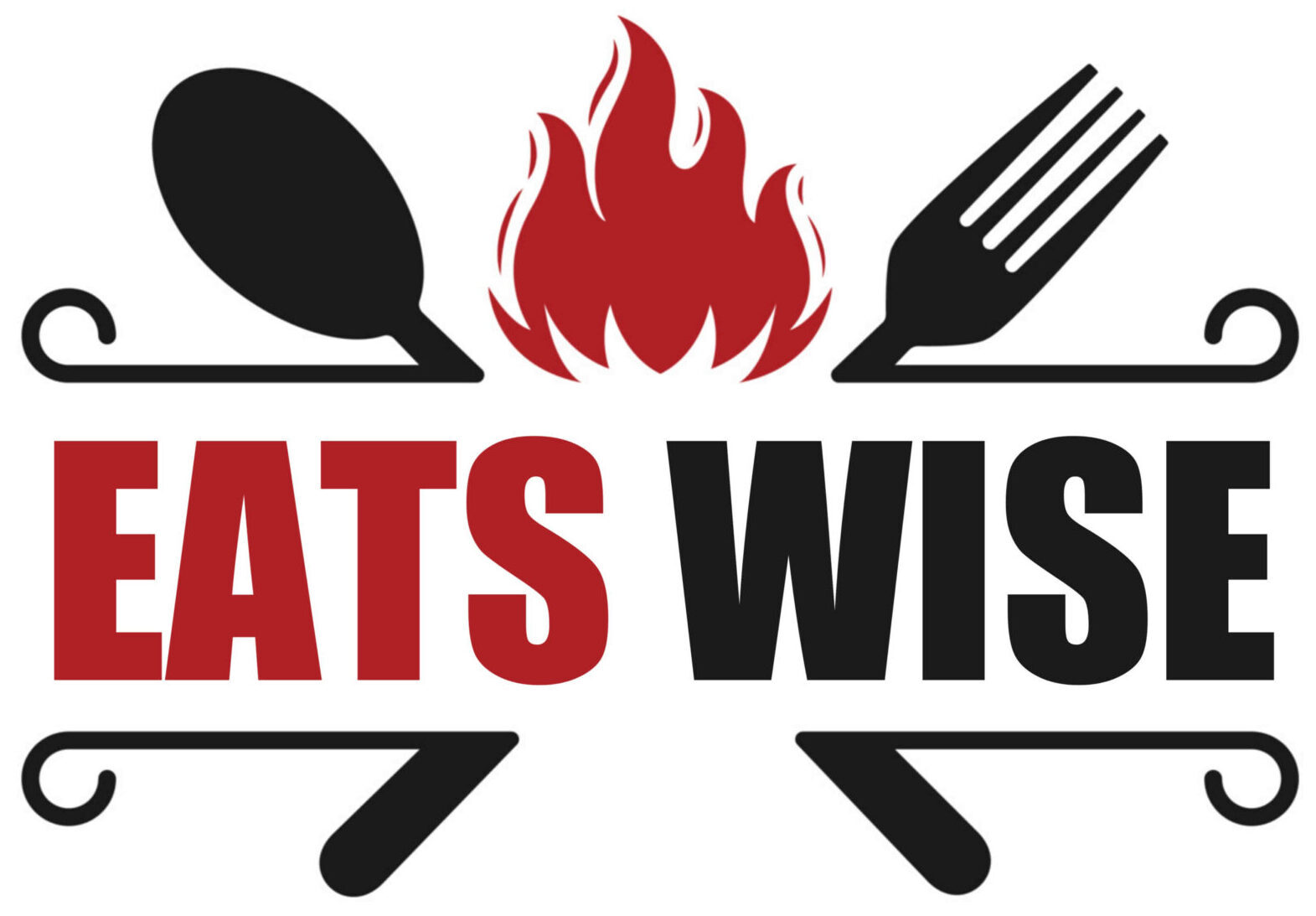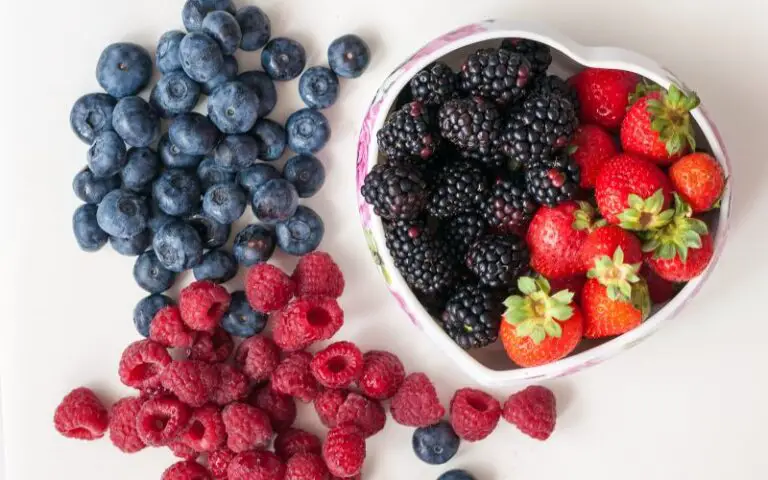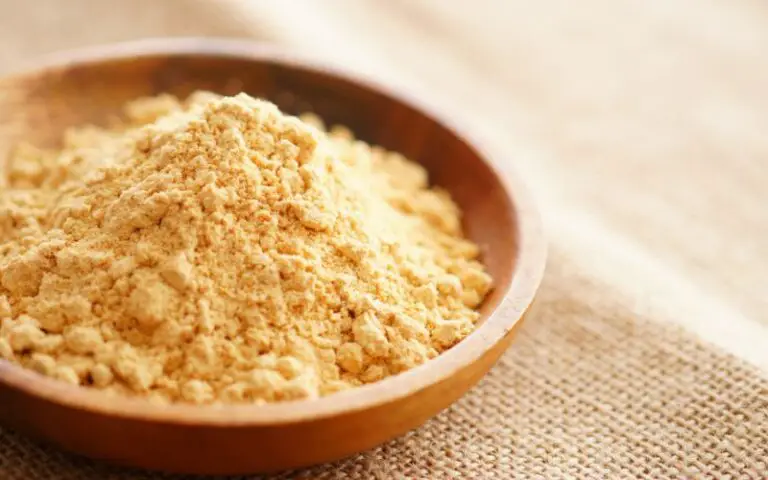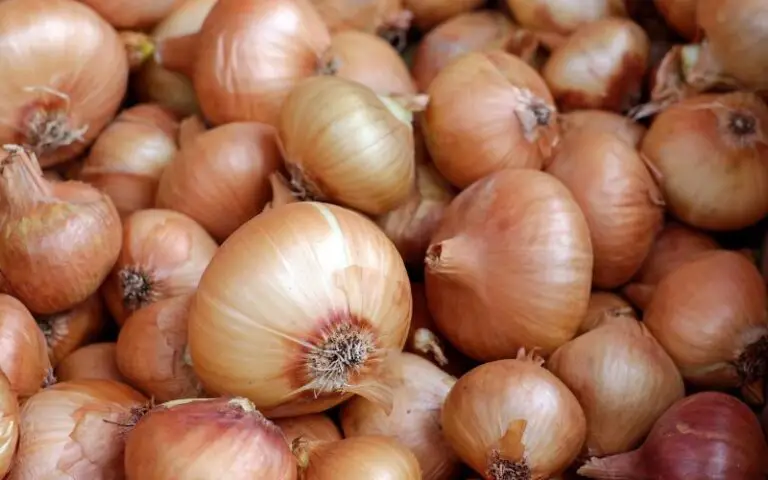Do Chipotle Bowls Have PFAs? The Spicy Truth!
Last updated on September 11th, 2023 at 02:14 pm
From burritos to quesadillas, Chipotle is known for its fresh, customizable Mexican food. But behind the scenes, a controversy is brewing.
A recent study found that Chipotle’s bowls contain PFAs, a chemical known for its persistence in the environment and potential health risks.
While Chipotle has taken steps to address food safety concerns, the issue of PFAs in its packaging remains unresolved.
Yes, Chipotle bowls contain PFAs. However, the situation is more complex than a simple yes or no answer. To understand the issue, looking at the science behind PFAs, the study’s results, and Chipotle’s response is important. PFAs are a group of artificial chemicals used in various products, including food packaging.
In this article, we’ll explore the concerns of PFA and its effects on consumers.
Also, we’ll touch on Chipotle’s response to the issue and a deeper understanding of its implications for food safety.
Do Chipotle Bowls Still Have PFAs?
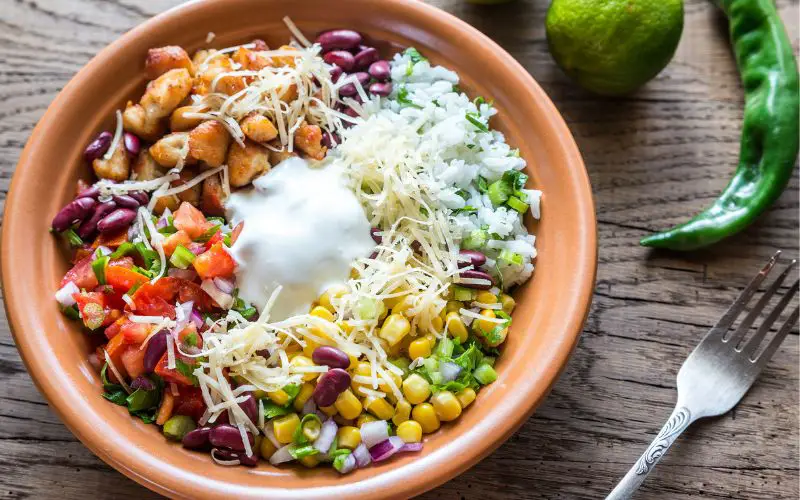
Chipotle decided to transition away from PFAs in its packaging in late 2021.
Chipotle’s sustainability report for 2020 stated that it had already completed the transition away from PFAs in burrito bowls.
Furthermore, the report indicated that the company expected to replace kids’ trays containing PFAs by the end of 2021.
According to a 2022 report, Chipotle had replaced the kids’ trays with PFAs-free options.
The consistency between the company’s stated goals and the reported actions shows that Chipotle is committed to delivering on its promises.
However, Chipotle avoided PFAs in its packaging for a few key reasons. These reasons include:
#1. Environmental Concerns
Chipotle’s decision to eliminate PFAs from its packaging was partly motivated by environmental concerns.
PFA chemicals are known to be persistent in the environment, meaning they can accumulate over time.
In addition, researchers have linked these chemicals to adverse effects on wildlife and ecosystems.
By switching to PFAs-free packaging, Chipotle can reduce its environmental impact and help to protect the planet.
#2. Health Concerns
In addition to environmental concerns, health concerns may have also played a role in Chipotle’s decision to eliminate PFAs.
There have been links of PFAs to various health issues, including cancer, reproductive problems, and immune system dysfunction.
With this in mind, it makes sense for Chipotle to switch to safer, PFAs-free packaging options to protect the health of its customers.
By doing so, the company can also help to increase consumer trust and confidence in its products.
In short, Chipotle’s decision to eliminate these chemicals from its packaging likely took into account the health implications of PFA use.
#3. Consumer Demand
In recent years, consumers have increasingly sought out products that are sustainable and environmentally friendly.
Chipotle’s decision to transition away from PFAs aligns with this trend.
As a result, the company has been able to demonstrate its commitment to sustainability while also meeting the demands of its customers.
By offering PFAs-free packaging, Chipotle can appeal to a growing segment of consumers interested in making more responsible choices.
Moving away from PFAs has been a win-win for the company and its customers.
#4. Regulatory Pressure
Regulations in cities like San Francisco may have played a role in influencing Chipotle’s decision to eliminate PFAs from its packaging.
San Francisco’s ban on PFAs-containing packaging represents a growing trend toward stricter regulations regarding the use of these chemicals.
As such, Chipotle may have anticipated future regulations and proactively switched to PFAs-free packaging.
This forward-thinking approach indicates the company’s commitment to providing safe and sustainable options for its customers.
What Is the Effect of PFAs on Chipotle Bowls?
Research suggests that PFAs may leach from food packaging into the food it contains, which could lead to human exposure.
This concern has shown that PFAs can bioaccumulate the body and may cause health problems.
Additionally, PFAs may also affect the integrity and quality of the bowls themselves.
However, there has been research associated with two main aspects, which include the following;
#1. Migration Into Food
There are concerns that PFAs may leach from food packaging like Chipotle bowls and migrate into the food they contain.
It can happen when the bowls are heated or exposed to hot and greasy foods.
PFAs have been found to accumulate in the human body over time and may have adverse effects on health, including liver damage and cancer.
#2. Environmental Impact
Aside from the health concerns, another issue with PFAs is their environmental impact.
Because they are not biodegradable, PFAs can persist in soil and water for long periods.
They can contaminate drinking water and aquatic ecosystems, which may risk human and animal health.
The manufacturing and disposal of PFA products can contribute to this issue, as they may release PFAs into the environment.
As more research on PFAs becomes available, regulations and awareness about their environmental impact may continue to evolve.
Regarding awareness, it is crucial to stay current with the latest information.
In a recent study, researchers analyzed several types of Chipotle bowls for PFAs in the table below:
| PFAs Type | Concentration (ng/g) | Exceeds Safety Guidelines |
|---|---|---|
| PFOS | 12.5 | No |
| PFOA | 8.2 | Yes |
| PFHxS | 6.8 | No |
| PFNA | 4.1 | No |
The study results indicate various PFAs present in Chipotle bowls.
Specifically, Chipotle bowls had perfluorooctanoic acid (PFOA) and perfluorononanoic acid (PFNA).
They also had perfluorohexane sulfonic acid (PFHxS) and perfluorooctane sulfonic acid (PFOS)in them.
The concentration of PFOA in the bowls was higher than the safety guideline for food contact materials set by the FDA.
However, PFOS, PFHxS, and PFNA concentrations did not exceed safety guidelines.
Did Chipotle Change Their Bowls?
Chipotle has indeed made changes to its bowls over time. In 2017, Chipotle replaced its plastic-lined bowls with mold fiber bowls.
Chipotle made changes to reduce the company’s use of single-use plastics.
However, in 2020, Chipotle made another change by introducing new bowls made from “recyclable, compostable, and ocean-bound plastic.”
The company also added bowls made from recycled paper in 2022.
Overall, Chipotle has been making efforts to improve the sustainability of its packaging, which includes changes to the bowls used for food.
Here are the main takeaways from the information gathered about changes to Chipotle bowls:
- The bowls used at Chipotle restaurants have PFAs present in them.
- PFAs are a class of chemicals linked to health problems.
- Chipotle has implemented changes to its operations to improve food safety.
- These changes include centralized food production and digital monitoring.
- The company has also implemented new food safety protocols.
- The bowls used at Chipotle are changing to meet the company’s and its customers’ needs.
What are Chipotle Bowls Made of?
Chipotle bowls, made of molded fiber, pose a compostability challenge due to PFA chemicals.
It’s important to understand that the molded fiber and PFAs make up different components of the bowls.
Molded fiber provides the bowl’s structure, while PFAs give the bowls certain functional properties.
Here are some important points regarding the composition of Chipotle bowls:
#1. Material
The main material used to make Chipotle bowls is known as molded fiber.
Molded fiber is a composite material made by taking recycled paper or wood pulp and forming it into the desired shape.
#2. PFAs Presence
A key point to understand about Chipotle bowls is that they may contain PFAs (per and poly-fluoroalkyl substances).
These chemicals are not biodegradable, meaning they persist in the environment for long.
Additionally, research has shown that exposure to PFAs can lead to adverse health effects such as thyroid disease, liver damage, and reproductive toxicity.
Given the potential risks associated with PFAs, the presence of these chemicals in Chipotle bowls is a concern.
#3. Compostability
The compostability of Chipotle bowls is a complex issue. The bowls contain molded fiber, which is theoretically compostable.
However, the presence of PFAs in the bowls complicates the issue.
PFAs can contaminate the compost, which may be used in agriculture, potentially exposing people to these chemicals.
The presence of PFAs in Chipotle bowls is problematic due to its link to health problems.
Ultimately, while Chipotle bowls contain compostable material, PFAs raise questions about whether they are sustainable.
Are Chipotle Bowls Recyclable?
Chipotle markets its bowls as compostable, which makes the recyclability complex due to the presence of PFAs.
PFAs cause this complex recyclability issue with Chipotle bowls.
This issue underscores the necessity for more sustainable packaging alternatives that don’t rely on these chemicals.
Additionally, some further considerations regarding the recyclability of Chipotle bowls are:
- PFAs cannot be effectively removed from the recycling stream, making it impossible to recycle bowls containing these chemicals.
- Chipotle bowls are not truly compostable because they add to the chemical load of the environment instead of improving it.
- Chipotle has made a public commitment to removing PFAs from its packaging, but it’s unclear if there has been a full implementation.
- A report from The Counter found that some Chipotle bowls still contain PFAs chemicals, even in 2022.
Overall, consumers should be aware that the recyclability of a product is just one factor to consider when making sustainable choices.
